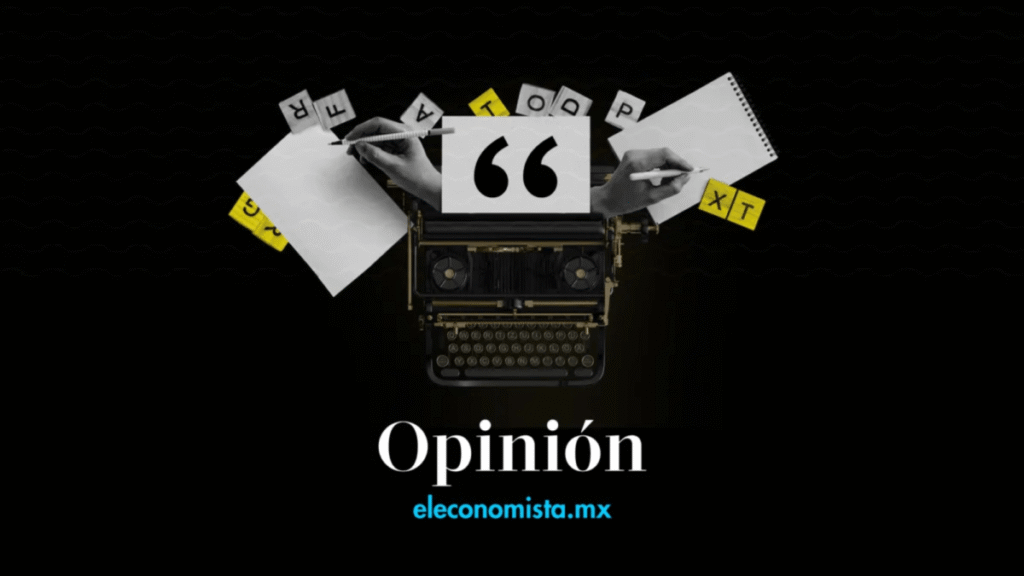The Unprecedented Influence of Donald Trump
It’s challenging to identify a figure in the last century who has wielded as much power as Donald Trump. Just three months into his presidency, many are already questioning how to curb his influence.
Our relationship with power is complex. We entrust certain individuals with authority to address our problems while simultaneously setting boundaries to prevent abuse of that power. This is the essence of democracy, mirrored in parent-child dynamics and corporate structures alike. In times of crisis, we’re even willing to cede more power with the expectation of reclaiming it later.
The issue arises when those who receive this power become enamored with it and start monopolizing it.
Concerning Signals from the Trump Administration
Trump’s actions both domestically and internationally raise concerns. On one hand, his imposition of tariffs has created global chaos, while on the other, his attempts to reshape the country according to an exclusive ideological vision pose a more significant threat. Although tariffs dominate headlines, the assault on universities and academic freedom could prove more dangerous.
Trump’s internal maneuverings are equally concerning. The efficiency of public institutions seems to be a pretext for dismantling agencies and personnel with differing viewpoints. Moreover, the attack on universities—under the guise of combating antisemitism and controlling immigration—appears to be a veiled attempt to undermine institutional autonomy and intellectual pluralism.
Harvard’s Defiance: A Landmark Decision
Last week, Harvard University took a stand by refusing to comply with the demands imposed by the Trump administration. These demands included controlling the selection of faculty and academic content, among other things.
In response, the administration threatened to suspend federal funding, revoke Harvard’s tax-exempt status, and ban international student admissions unless their files were handed over. Harvard responded by filing a lawsuit on Monday.
Until now, universities, companies, and law firms have generally chosen to acquiesce rather than confront the costs of opposing Trump and his MAGA ideologues. Harvard’s decision to speak out and accept the risks marks a significant departure.
The Broader Implications of Harvard’s Stance
Harvard’s decision to prioritize academic freedom and autonomy over appeasement could be a turning point. By asserting that power has limits, Harvard encourages others to follow suit and reminds us that there are still those willing to pay the price for accountability.
Key Questions and Answers
- What makes Harvard’s decision significant? It prioritizes academic freedom and autonomy, challenging the Trump administration’s attempts to exert control over universities.
- How has the Trump administration responded to Harvard’s defiance? The administration threatened to cut federal funding, revoke tax-exempt status, and ban international student admissions.
- What broader implications does Harvard’s decision have? It may inspire other institutions to resist undue influence and reinforce the importance of accountability in the face of excessive power.






